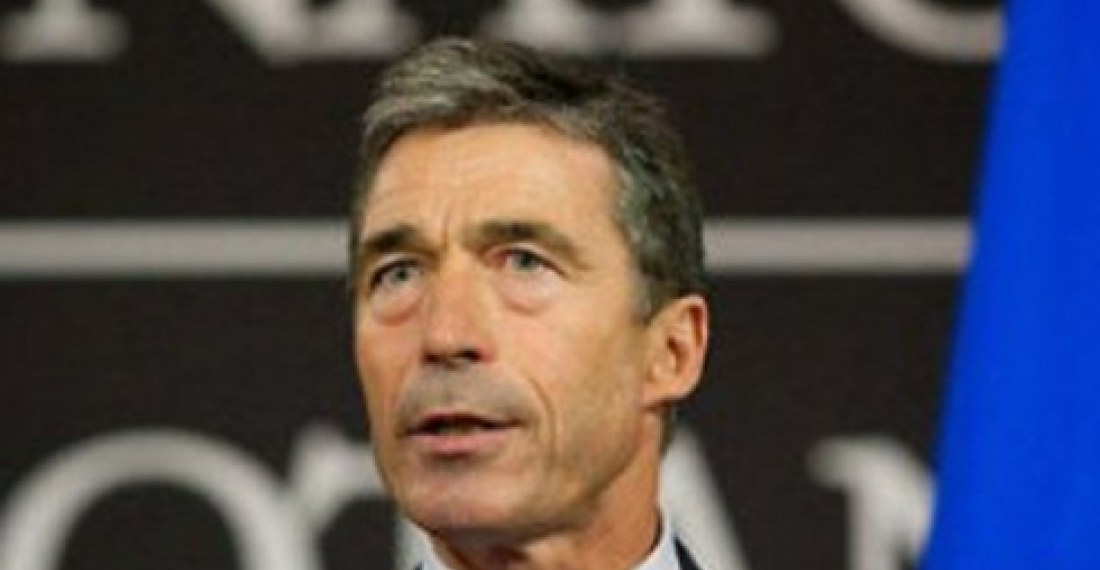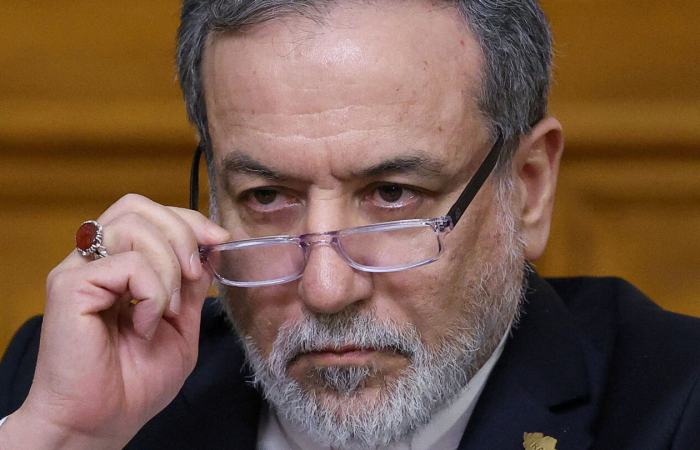Генеральный секретарь НАТО Расмуссен на следующей неделе посетит Южный Кавказ. 5 сентября он прибудет в Армению и впоследствии также посетит Азербайджан. Андерс Фог Расмуссен встречался с лидерами стран Южного Кавказа, когда они находились с визитом в штаб-квартире НАТО в начале этого года.
Политический редактор Commonspace.eu в своем комментарии сообщает, что визит главы НАТО на Южный Кавказ является признаком продолжающегося интереса западного альянса к Кавказу и его будущему. НАТО за последние годы помогло трем странам с важными военными реформами.
У этих трех стран различный подход к альянсу. Грузия хочет немедленного членства, Армения же отказывается от него, поскольку является членом другого союза ОДКБ, тогда как Азербайджан стремится к хорошим отношениям с НАТО, но не проявляет никакого желания о членстве. Азербайджан не состоит в каком-либо другом альянсе.
Несмотря на эти различия, эти три страны ценят свои отношения с НАТО, заявляя, что будут стремиться к их развитию. Однако, сложные отношения между тремя странами создают некоторые препятствия на пути этого сотрудничества, а такие инициативы, которые НАТО приняло в поддержку прибалтийских государств не представляются возможными на Южном Кавказе в сложившихся обстоятельствах.
Источник: commonspace.eu







